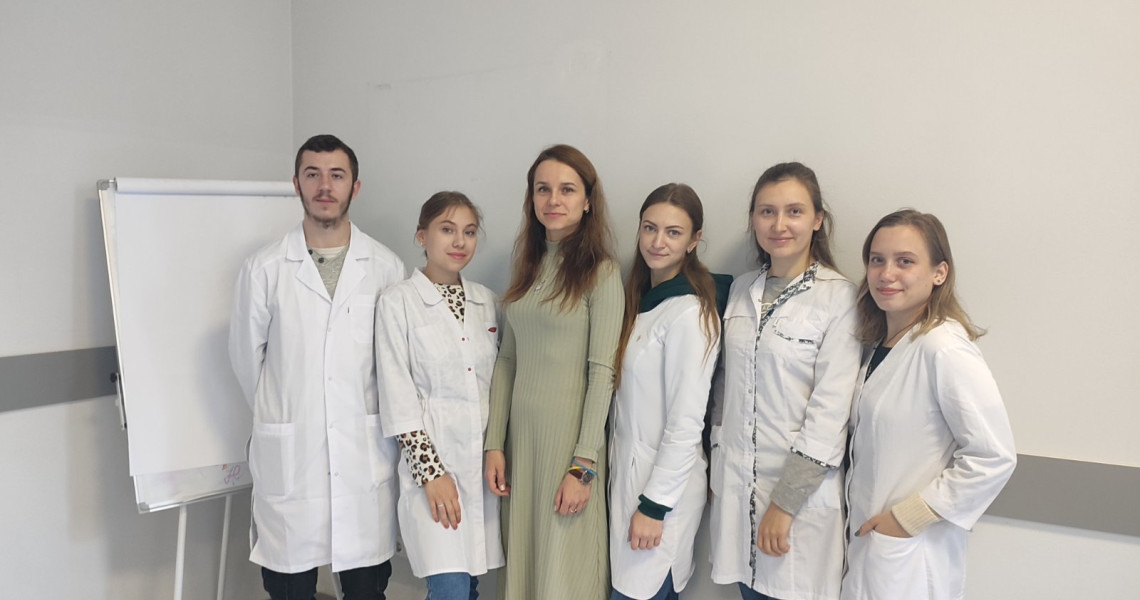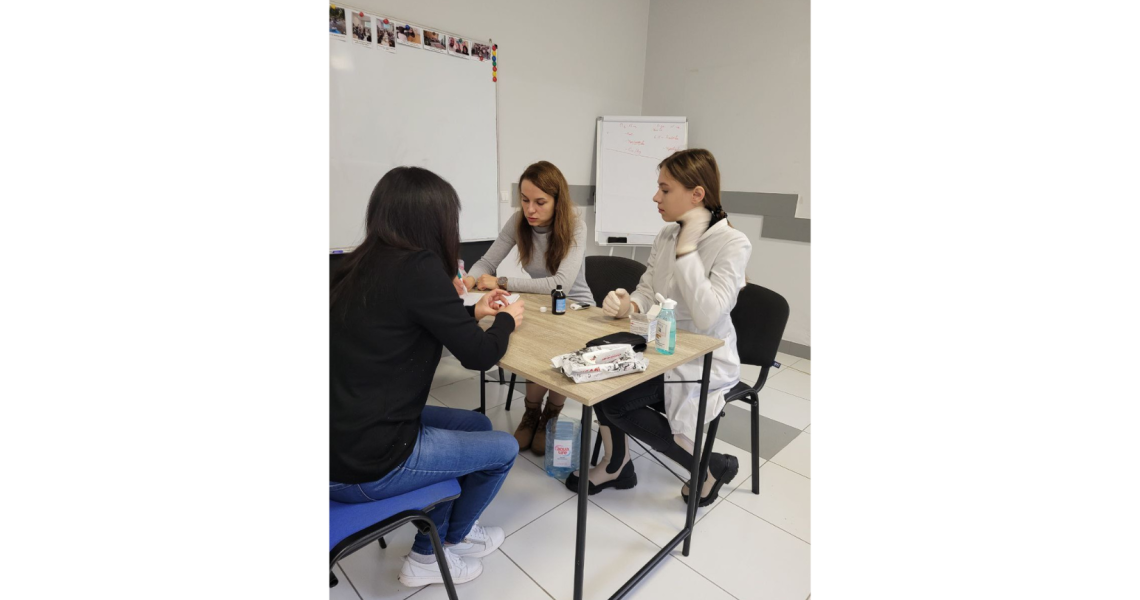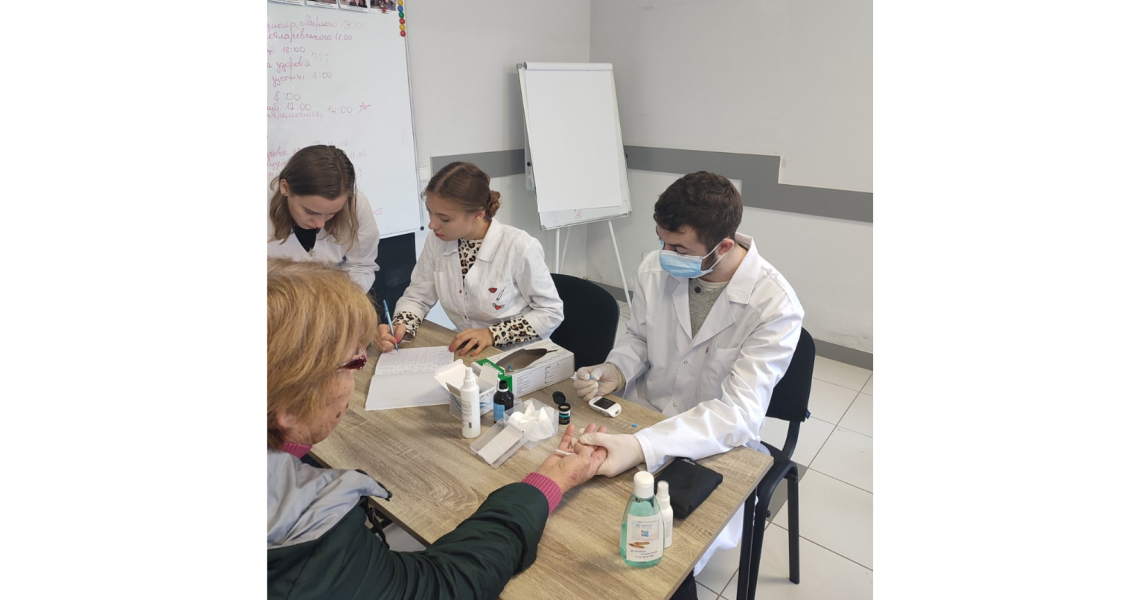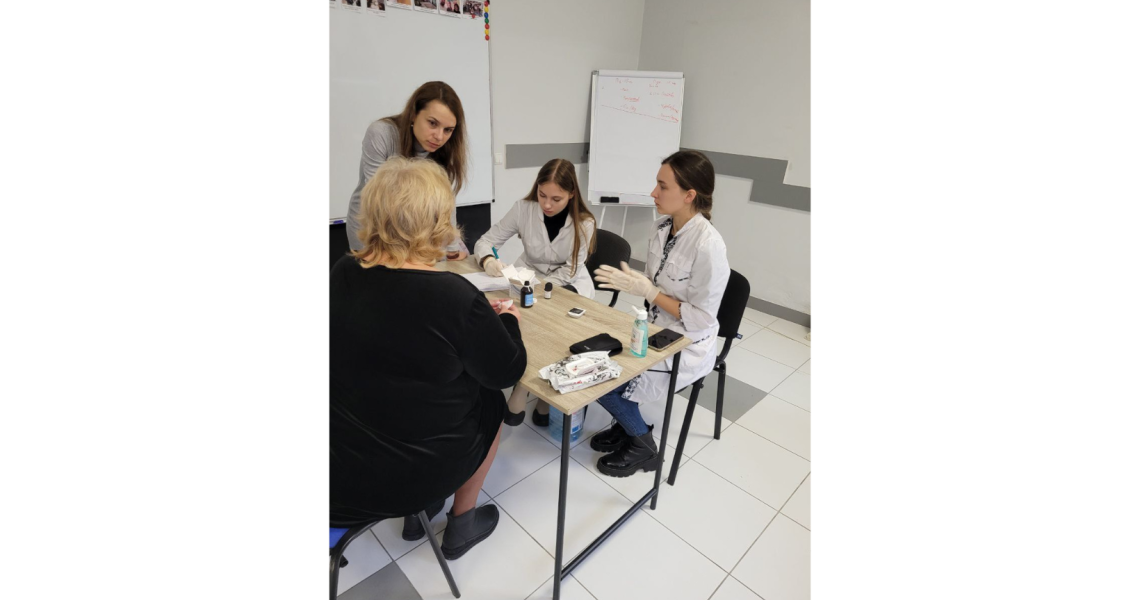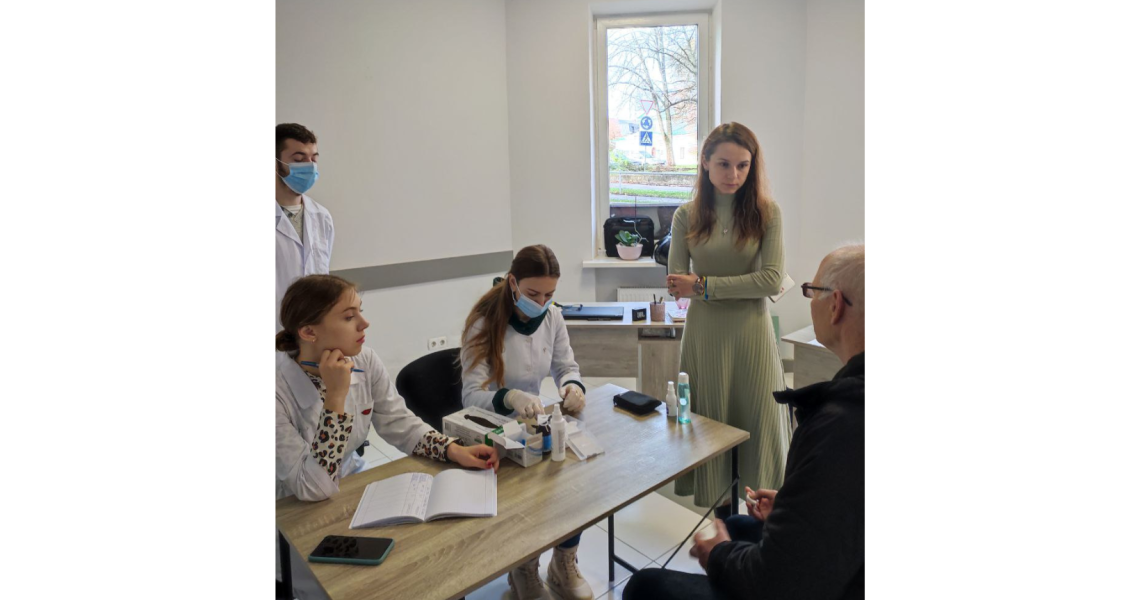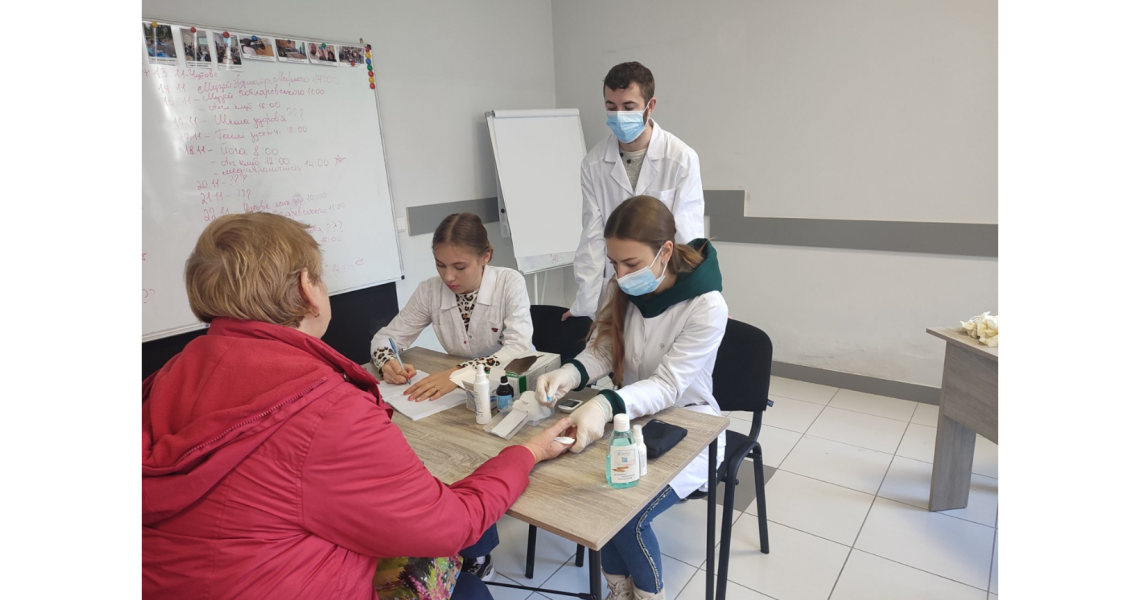Щороку, 14 листопада, у світі відзначається Всесвітній день боротьби з цукровим діабетом, щоб нагадати людству про те, що поширеність захворювання невпинно зростає.
Доцентка кафедри ендокринології з дитячими інфекційними хворобами Златослава Шаєнко разом зі здобувачами-гуртківцями протягом жовтня місяця усім охочим в центрі адаптації ВПО (м. Полтава) проводили скринінг на наявність діабету.
В анкетуванні, на ризик розвитку цукрового діабету протягом найближчих 10 років, взяли участь 79 респондентів. У 16,4% виявлено помірний ризик, у 25,3% високий ризик, у 10,1% дуже високий.
Всього було проведено 44 заміри глюкози крові, серед яких у 55,8% виявлено підвищення рівня глюкози в крові вище 5,5 ммоль/л. 1 пацієнтка терміново була госпіталізована в ендокринологічне відділення, а у 2-ох пацієнтів підтвердили наявність предіабету.
Своєчасна діагностика може допомогти запобігти тяжким наслідкам цього захворювання, адже лише половина хворих на цукровий діабет знає про цей діагноз.
World Diabetes Day: Department of Endocrinology with Pediatric Infectious Diseases study the risks for developing the disease in internally displaced persons (IDPs)
Every year, on November 14, World Diabetes Day is marked worldwide to remind people that the prevalence of the disease is steadily increasing. Associate Professor Zlatoslava Shaenko, along with the students-members of the SSG, conducted screenings for diabetes throughout the month of October for all interested individuals at the IDP adaptation center in Poltava.
In the survey assessing the risk of developing diabetes in the next 10 years, 79 respondents participated. Moderate risk was identified in 16.4%, high risk in 25.3%, and very high risk in 10.1% of the participants. A total of 44 blood glucose tests were made, with 55.8% showing elevated blood glucose above 5.5 mmol/L. One patient was urgently hospitalized in the endocrinology unit, and prediabetes was confirmed in two patients. Timely diagnosis can help prevent severe consequences of this disease, as only half of those with diabetes are aware of their diagnosis.






